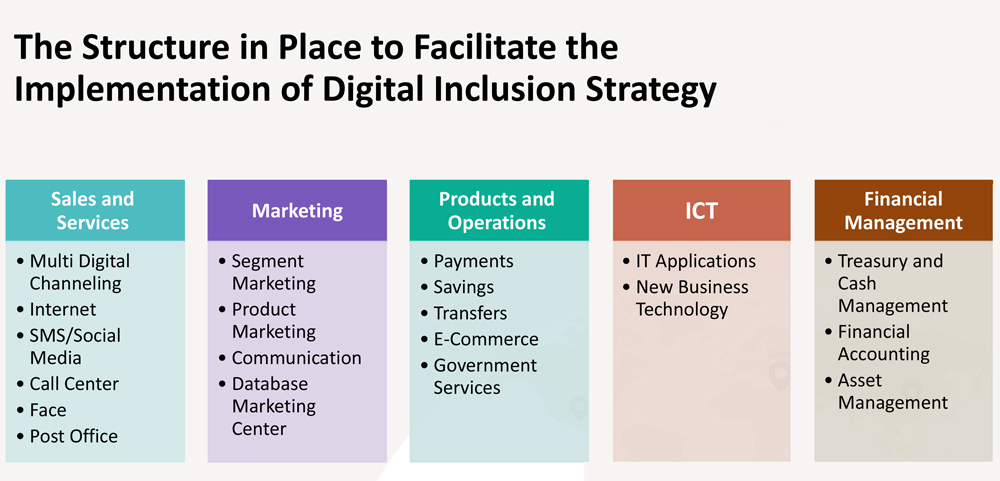
Cyber Security in Financial Inclusion for International and National Sectors
Digital Financial Inclusion is a necessity which needs to be prioritized to ensure that the fruits of development and livelihood opportunities are indiscriminately accessible to every strata of society. With the surge in technological innovations coupled with the penetration and entrenchment of technology in our lives, it is hard to dissociate financial services from digitization. To justify the relevant concerns, Centre for Advancement of Digital Financial Inclusion (CADFI) is set up by Central Government of India directly headed by Prime Minister of India. There is great disparity in the status of digital financial inclusion within India and globally. To address this dispute, the core area of work of the vertical ‘Learning and Capacity Building’ will aim to support individuals, communities, and institutions to enhance their capacity to use digital financial inclusion programmes.
Strava Cyber Labs the cyber security division of Strava Technologies got an opportunity with CADFI ( an initiative by Prime Minister of India) to curate the Cyber Security modules of digital financial inclusion for both National and International sectors.
With ever-widening accessibility to digital finance, there is more and more room and scope for cyber crime. Cyber risks as one of the two most prominent threats to the global economy in the next decade.

Impact on low-income customers
If physical money used to be kept safe in bank vaults, what is protecting money now that it is digital? This is a financial inclusion question because the answer is especially important for low-income customers. In developed countries, it is usually the financial services provider that is legally responsible for bearing the cost of fraud. In developing countries, it is often the customer. The experience of fraud and rumors of fraud experienced by others causes mistrust in DFS, especially among lower-income consumers. They acknowledge that better safeguards are needed to mitigate threats and be better prepared to respond to incidents. Failure to take the relevant steps could deter people from entering the formal financial system and significantly harm consumers and markets.